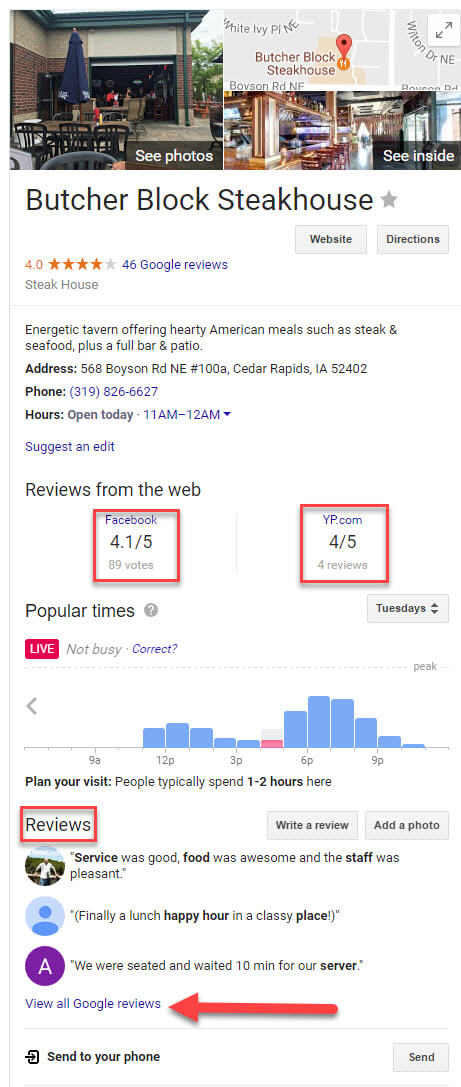What does the Consumer Review Fairness Act mean for consumers and online reviews?


Online reviews have steadily become a part of our everyday online world and an integral part of consumers’ buying process. Whether you’re proactively seeking out reviews for a product/service or responding to a Facebook friend’s post asking for provider recommendations, online reviews surround us.
Reviews and star ratings show up in search engine results pages (in both organic listings and paid ads), and Google recently started showing third-party reviews in a company’s Google Knowledge Panel. Bottom line: You can’t avoid reviews, because they’re everywhere!

Additionally, research has shown that people use online reviews to make purchasing decisions. According to a recent consumer review survey by BrightLocal (disclaimer: my employer):
- 84% of people trust online reviews as much as a personal recommendation.
- 74% of consumers say that positive reviews make them trust a local business more.
- 91% of consumers regularly or occasionally read online reviews.
- 60% of consumers stated that negative reviews make them not want to use a local business.
With stats like these, many local companies are finally recognizing the importance of building up a solid online reputation management strategy. However, in the quest to achieve 100 percent five-star reviews, some businesses have unfortunately gone overboard and crossed the line.
[Read the full article on Search Engine Land.]
From our sponsors: What does the Consumer Review Fairness Act mean for consumers and online reviews?



